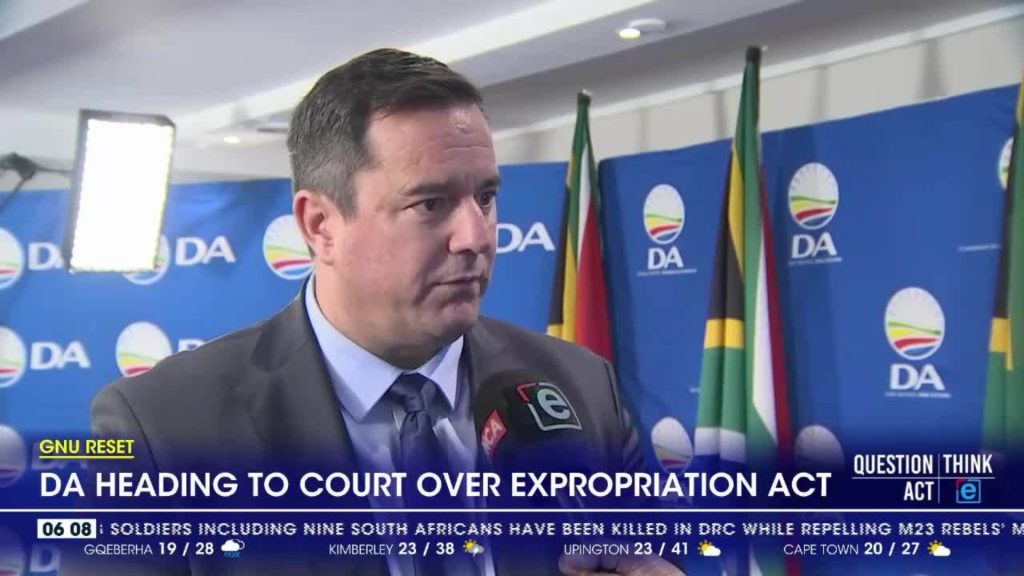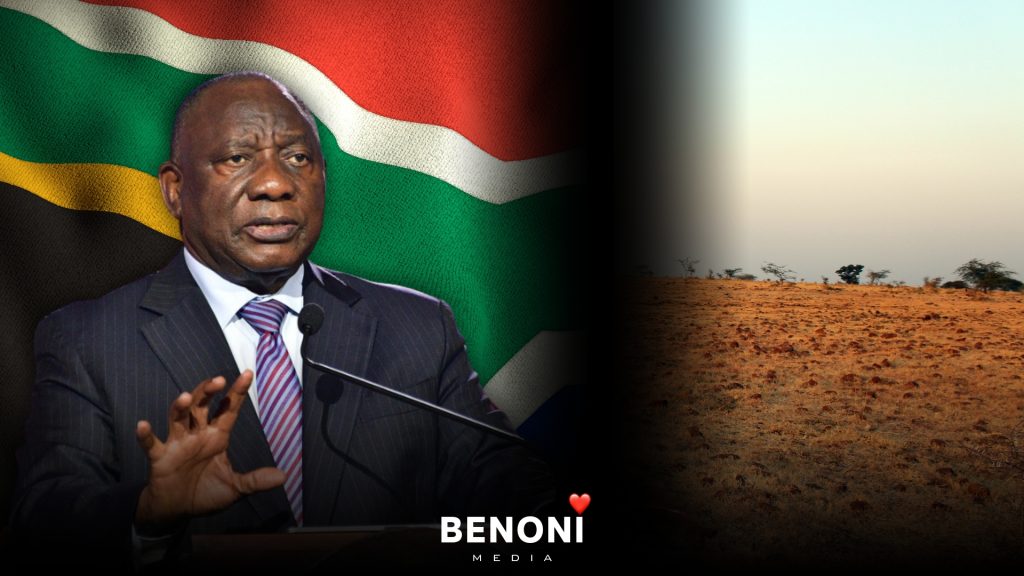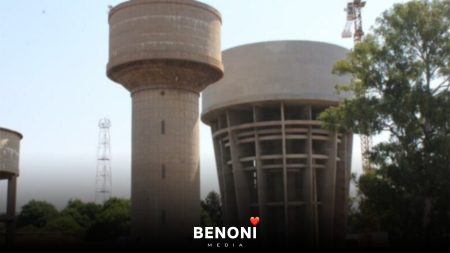President Cyril Ramaphosa recently signed the controversial Expropriation Act into law, marking a significant shift in South Africa’s land reform policies. The new legislation has sparked widespread debate among political parties, with reactions ranging from strong support to outright rejection.
What Is the Expropriation Act?
The Expropriation Act outlines how the government can expropriate land in the public interest, with or without compensation. This new law replaces the outdated Expropriation Act of 1975, which was based on the “willing seller, willing buyer” principle. The government argues that the updated legislation aligns with South Africa’s Constitution and provides a fair framework for land reform.
Key Provisions of the Act
Expropriation Without Compensation: The Act allows for land to be expropriated without compensation in specific circumstances deemed “just and equitable,” such as when land is abandoned, unused, or poses a risk to public safety.
Public Interest: Expropriation must serve a public purpose, such as addressing land inequality or promoting economic development.
Consultative Process: The Act emphasises that expropriation cannot occur arbitrarily. Authorities must first attempt to negotiate with landowners before proceeding with expropriation.
Support for the Expropriation Act
African National Congress (ANC)
The ruling ANC has hailed the Act as a “significant milestone” in addressing historical land injustices. Black South Africans still own a fraction of the country’s farmland more than 30 years after the end of apartheid, and the ANC sees this law as a tool to accelerate land redistribution.
GOOD Party and Rise Mzansi
Other parties, such as the GOOD Party and Rise Mzansi, have also expressed support for the legislation, praising its potential to advance social and economic transformation.
Opposition to the Expropriation Act
Democratic Alliance (DA)
The DA has strongly opposed the Act, arguing that it undermines property rights and could have severe economic consequences. Party leader John Steenhuisen announced plans to challenge the Act’s constitutionality and criticised the ANC for pursuing what he called a divisive agenda.
Freedom Front Plus (FF Plus)
The FF Plus has vowed to take the matter to the Constitutional Court, citing concerns about threats to private ownership. Party leader Pieter Groenewald called for amendments to the Act should it be deemed unconstitutional.

Inkatha Freedom Party (IFP)
The IFP has also rejected the Act, claiming it undermines the spirit of collaboration and consensus within the Government of National Unity (GNU).
Patriotic Alliance (PA)
PA leader Gayton McKenzie accused President Ramaphosa of disrespecting GNU partners by signing the Act without prior consultation. While McKenzie supports land reform in principle, he believes the timing is wrong, citing potential economic fallout.
Economic Freedom Fighters (EFF)
The EFF, known for its radical stance on land redistribution, dismissed the Act as a “legislative cop-out,” arguing that it fails to address the core issue of land restitution.
The Road Ahead for Land Reform
The signing of the Expropriation Act comes after a five-year process of public consultations and parliamentary deliberations. The law seeks to strike a balance between addressing historical injustices and safeguarding economic stability. However, its implementation will likely face legal challenges and further political contention.
Implications for South Africa
Economic Impact: Critics warn that the Act could deter investment and harm economic growth if not implemented carefully.
Social Justice: Proponents argue that the law is a step toward correcting historical land dispossession and fostering social equity.
Legal Challenges: The DA, FF Plus, and other opposition parties are preparing to challenge the constitutionality of the Act, which could delay its implementation.
Conclusion
The Expropriation Act represents a pivotal moment in South Africa’s ongoing struggle to address land inequality. While some see it as a necessary step toward justice, others view it as a threat to property rights and economic stability. As the debate continues, the government faces the critical task of ensuring that the Act’s implementation is both fair and effective, balancing the needs of the nation with the rights of its citisens.








